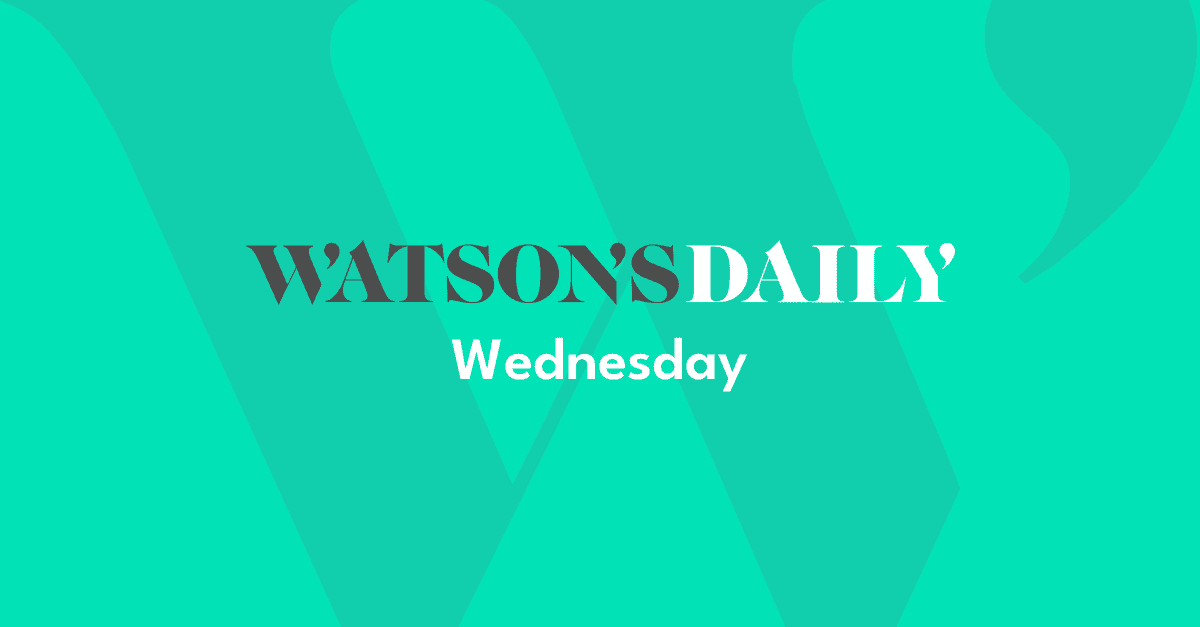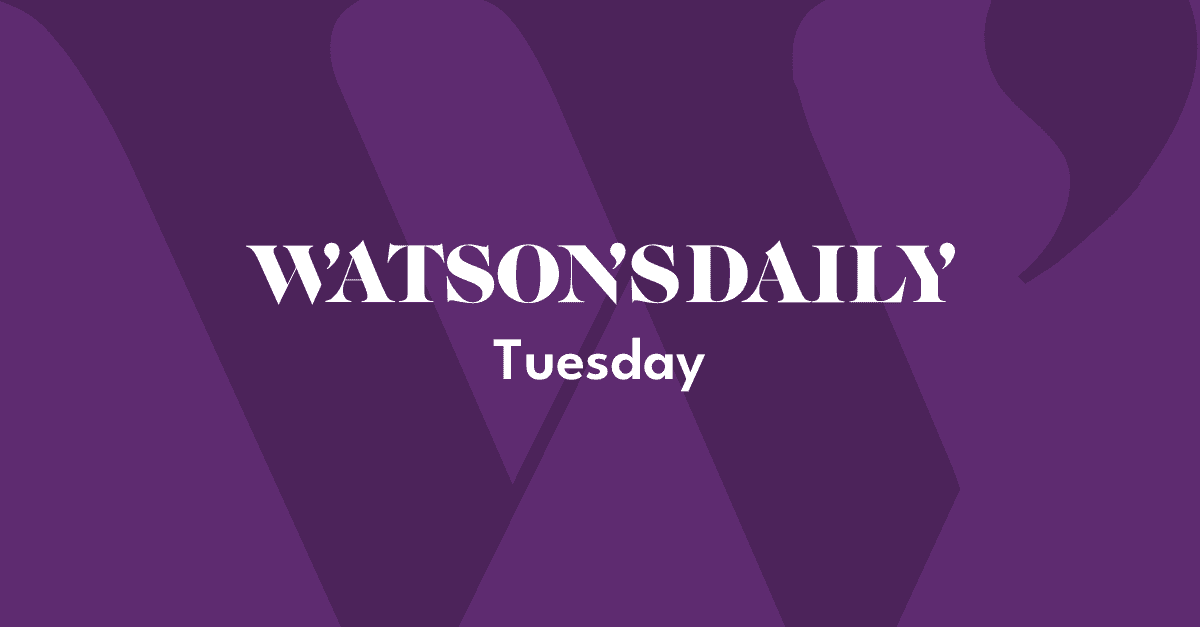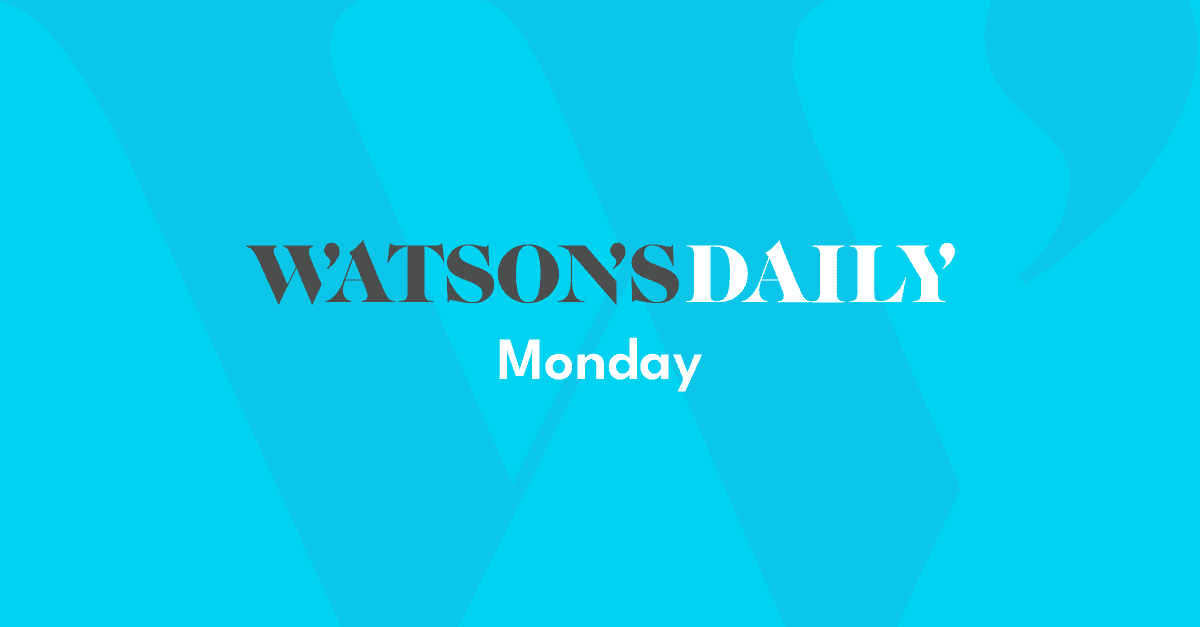In BIG PICTURE NEWS, Carney makes an unpopular choice, we consider what happens next after the Budget, net migration falls and Labour caves on "day one" rights. In REAL ESTATE-RELATED NEWS, US banks announce UK expansion, Canary Wharf recovers, house prices fall and Unite gravitates towards the "strongest" universities. In M&A NEWS, Deutsche Börse goes shopping and Puma gets a boost from bid rumours. In MISCELLANEOUS NEWS, China moves AI model training offshore, European nations finance a surveillance network in space and TJX could be the tech antidote. AND FINALLY, I bring you a classic sketch...
You need to have an active subscription in order to view/use this page. If you are an existing subscriber, please login below.
Alternatively, if you are new to Watson’s Daily and would like to dip your toe in, you can get a trial Bronze level subscription HERE. This will last for one week for free and then go to paid unless you cancel within the week. You can, of course, dive straight in with Bronze, Silver or Gold membership!
The main differences between the levels of membership are the materials you get access to and your access to me! Bronze is great – there’s loads of functionality here. I would, however, recommend Silver if you are serious about getting better with your knowledge as quickly as possible. Gold gives you all the benefits of Silver but with added guaranteed small group calls and option of one-on-one calls with me to talk about commercial awareness and/or careers/interviews.
Watson’s Daily is all about helping you understand, remember and utilise knowledge of the business and financial markets news in your career and/or studies. I aim to give you the tools you need to turbo boost your knowledge whilst also having a bit of fun as well!









